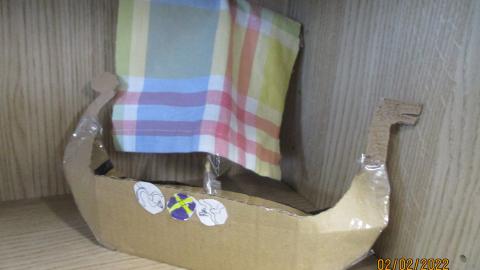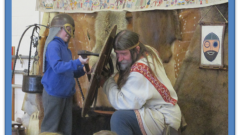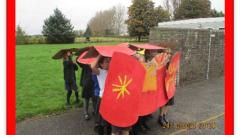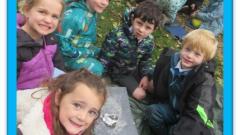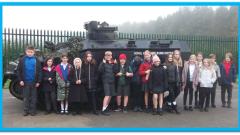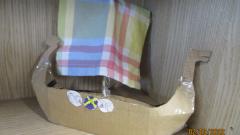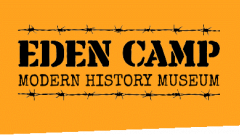A people without the knowledge of their past history, origin and culture is like a tree without roots.
Marcus Garvey
Intent
Our teaching of history aims to plant the seeds of interest of past people and civilisations. Through this teaching, we provide the children windows into the past through which they can look and reflect, as mirrors onto their own lives.
Aligning with the National Curriculum, children are taught to ask perceptive questions, think critically, analyse evidence, make judgements and develop their own sense of perspective. We believe our carefully planned curriculum strives to create independent thinkers and successful life-long historians.
Implementation
Curriculum progression
Our history coverage is selected from subject content from the National Curriculum document and creates in-depth studies of periods of history that are both comparable and contrasting within the communities of our schools. Our curriculum is based on four branches of knowledge:
Procedural knowledge:
Procedural knowledge represents the skills required to think and act like a historian. These skills inform our planning of history and allow children to deepen their knowledge throughout the year and build on concepts from previous years.
Disciplinary knowledge:
Disciplinary knowledge represents the way historians view their subject. We present this disciplinary knowledge to the children as historical ‘lenses’. These lenses are referred to and revisited year on year, as the children move through school. They are:
|
Significance |
Evidence |
Similarity & Difference |
Continuity & Change |
Cause & Consequence |
Interpretations |
|
Understanding the importance of events in the past and why we study them |
Information gathered from historical sources |
Understanding similarities and differences between different sorts of people. |
Understanding that some things change, and some things stay the same. |
Understanding a chain of events and the impact of them. |
Understanding how interpretations of the past can differ and why. |
We firmly believe that by making the lenses explicit to the children, they are better equipped to become future historians and that they can succeed in the subject throughout their educational careers.
Substantive knowledge
Substantive knowledge represents the facts that we want the children to know and recall through the teaching of history. Through collaborative planning and inspiring teaching, children will retain more facts for longer periods of time.
Substantive concepts
Substantive concepts are terms that hold meaning in a historical context, such as Empire, Succession, Reform and Hierarchy. These concepts help the children make links within history and to other subjects within the curriculum.
Assessment
Children will be continually assessed on their skills as historians using a carefully thought-out skills progression document based on the National Curriculum’s subject content.
Impact
Our challenging history curriculum will engage the children, deepen their learning and instil within them a belief they can make a difference by learning from the past.
We strongly believe in the strength of our history curriculum and, with the interweaving of British values such as tolerance, mutual respect and individual liberty, we are enabling children to be reflective members of the community who will begin to recognise the impact we are having on generations to come. Only by really learning what these terms mean will our learners be able to develop a character that prepares them for living in the community demonstrating tolerance and equality.
We intend the impact to be children who will be prepared for life in high school and in Modern Britain and the world and be enthused to become life-long historians.
Study the past, shape the future.

